Unravel the mystery of skincare ingredients for glowing skin. Dive into the science behind your products
In the bustling world of beauty and self-care, skincare products occupy prime shelf space, promising
radiant and youthful skin. With a dizzying array of creams, serums, and lotions available, it's easy to get lost amidst the marketing jargon and celebrity endorsements.
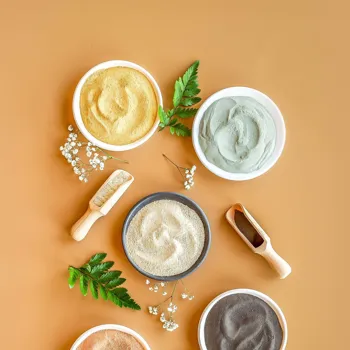
But beneath the glossy packaging and alluring scents lies a fascinating world of scientific ingredients, each with a specific purpose and potential. Understanding the science behind skincare is crucial for making informed choices and achieving the best possible results for your skin type.
This article aims to demystify the complex world of skincare ingredients, empowering you to navigate the beauty aisle with confidence and knowledge.
Skin is vital, complex organ needing care for health
The skin, our largest organ, acts as a protective barrier against the external environment. It’s a complex structure composed of multiple layers, each playing a vital role in maintaining our health and well-being.
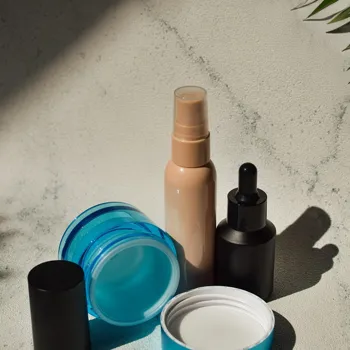
When we apply skincare products, we’re essentially trying to influence the processes occurring within these layers.
Understanding skincare ingredients for effective results
Therefore it's crucial to understand which ingredients can effectively penetrate the skin and deliver the desired effects. For example, hyaluronic acid is well-known for its hydrating properties.
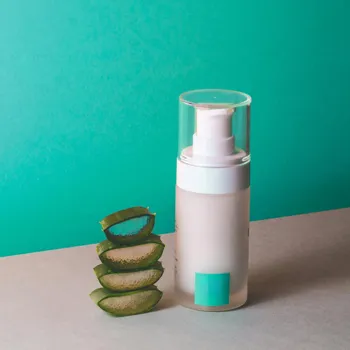
By understanding the science behind each ingredient, we can create a personalized skincare routine that addresses our skin's specific needs and concerns.
Antioxidants fight free radicals, protect skin from damage, and promote youthfulness
One group of skincare superheroes is the antioxidants. These ingredients fight free radicals, unstable molecules which damage skin cells and contribute to aging. Common examples include Vitamin C, Vitamin E, and green tea extract.
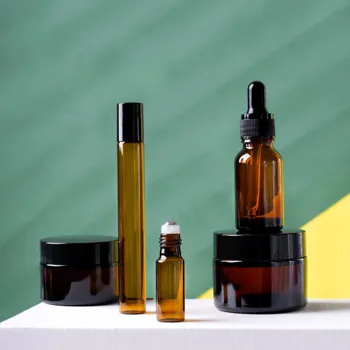
These powerhouses help to protect the skin from environmental damage, like pollution and UV rays, thus they help to keep skin looking youthful and healthy. Vitamin C, for instance, brightens the skin, reduces hyperpigmentation, and boosts collagen production.
Vitamin E is a powerful moisturizer that protects the surface cell from damage. Green tea is anti-inflammatory, so it fights against irritation. Including antioxidants in your daily skincare routine is a smart move for long-term skin health.
Hydrate skin with humectants & emollients for moisture & protection
Then comes the humectants and emollients when hydrating the skin. Humectants, like glycerin and hyaluronic acid, draw moisture from the air into the skin. Emollients, such as shea butter and ceramides, then smooth the skin and create a protective barrier to trap in that moisture.
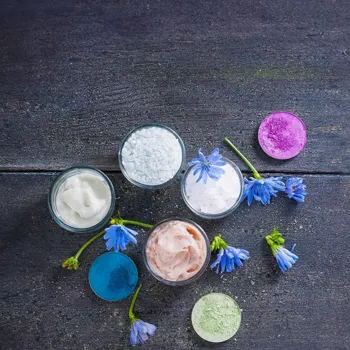
This tag team approach is very good news for even the driest of skin. By using both types of ingredients, your skin stays hydrated, supple, and healthier. Keep a watch for these ingredients when picking your lotions and moisturizers.
The key is not only giving moisturizer to your skin, but also not allowing skin water to escape out!
Exfoliants improve skin by removing dead cells but overuse harms skin
Exfoliants are another crucial part of a good skincare routine. They help remove dead skin cells, revealing brighter, smoother skin underneath. Chemical exfoliants, such as alpha hydroxy acids (AHAs) and beta hydroxy acids (BHAs), are preferred over physical scrubs.
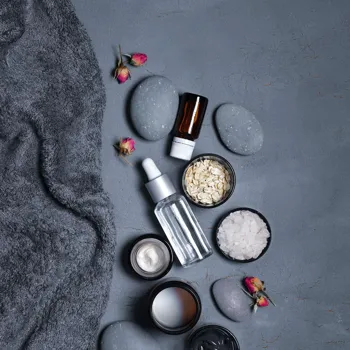
AHAs, like glycolic acid and lactic acid, are great for addressing surface-level issues like dullness and uneven skin tone. BHAs, like salicylic acid, are oil-soluble and can penetrate pores to clear out blackheads and acne.
Using exfoliants regularly can improve skin texture, reduce the appearance of wrinkles, and even prevent breakouts. But remember, moderation is key. Over-exfoliating can damage the skin's barrier, leading to irritation, dryness, and inflammation.
Choose skincare ingredients based on your skin type: oily, dry, sensitive, or combination
When picking out skincare ingredients, consider your skin type. Is your skin oily, dry, sensitive, or a combination? This will help you pick the right ingredients for you. If you have oily skin, look for products with salicylic acid or niacinamide to control oil production and prevent breakouts.

If you have dry skin, seek out hydrating ingredients like hyaluronic acid and shea butter. If you have sensitive skin, avoid harsh ingredients like alcohol and fragrances, and opt for gentle, soothing ingredients like aloe vera and chamomile.
It's also important to patch test new products on a small area of skin to check for any allergic reactions or irritations.
Skincare journey: personalized, informed, patient approach for healthy skin
As for your personal skincare journey, remember skincare isn't a one-size-fits-all thing. It requires patience, research, research and experimentation to find what works best for your skin. Don't be afraid to ask a dermatologist or skincare expert for personalized advice.

They can help you identify your skin type, assess your concerns, and recommend products that are tailored to your specific needs.
While the beauty industry can sometimes feel like a maze of ever-changing trends and promises, understanding the science behind skincare ingredients will empower you to make informed choices and achieve a healthy, radiant complexion.
Stay informed, be patient, and enjoy the journey to your best skin ever!
AI Generated Content. Glance/InMobi shall have no liability for the content











